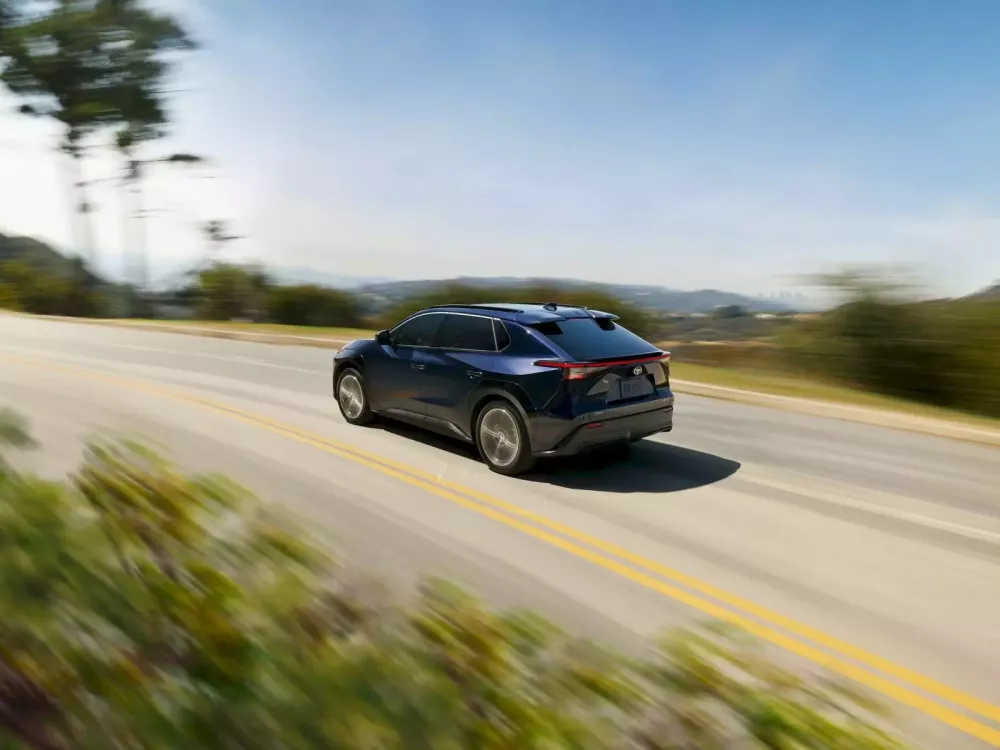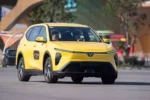The Toyota bZ 2026 is set to hit the U.S. market with a starting price of just $34,900, positioning it as a strong contender against rivals like the Chevrolet Equinox EV and Hyundai Ioniq 5.
For the 2026 model, the Japanese automaker has dropped the last two letters from its name and addressed customer complaints about range, charging performance, and an underwhelming infotainment system.
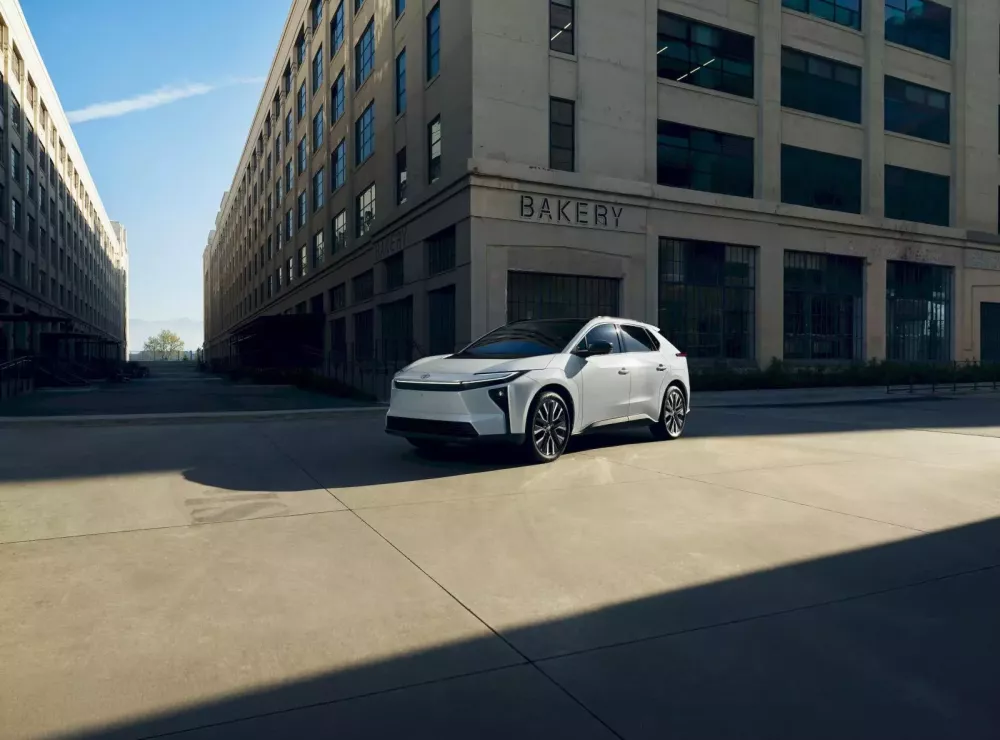
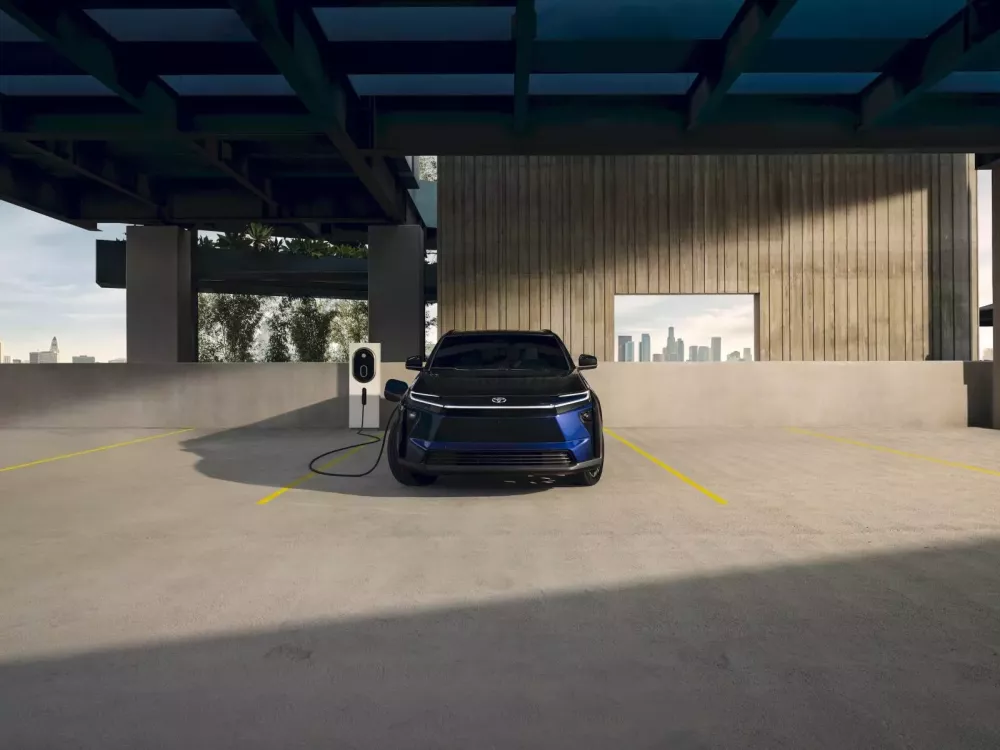
Three years ago, Toyota introduced its first electric vehicle under the peculiar name “bZ4X,” which turned out to be the least of its problems. Despite high initial interest, early adopters quickly uncovered significant shortcomings from the Japanese automaker.
The vehicle charged sluggishly in cold weather, and its infotainment system lagged years behind competitors. Even more embarrassingly, wheels began falling off due to a design flaw. Toyota has since rectified most of the bZ4X’s issues.
For the 2026 model, the electric crossover has dropped the last two letters, now simply called the bZ. For the curious, it stands for “beyond Zero.”
The Toyota bZ 2026 comes factory-equipped with a NACS charging port, enabling access to over 25,000 Tesla Supercharger stations and other networks adopting the NACS standard. This feature will also be available on 2023-2025 Toyota bZ4X models via an adapter starting in November. The bZ 2026 also supports Plug & Charge, with the Tesla Supercharger network being the first to implement it.
Another significant upgrade is the infotainment system, which now supports Apple Maps EV routing via Apple CarPlay. This feature will be available on all Toyota electric vehicles from 2023 onward, allowing Apple Maps to access real-time vehicle data.
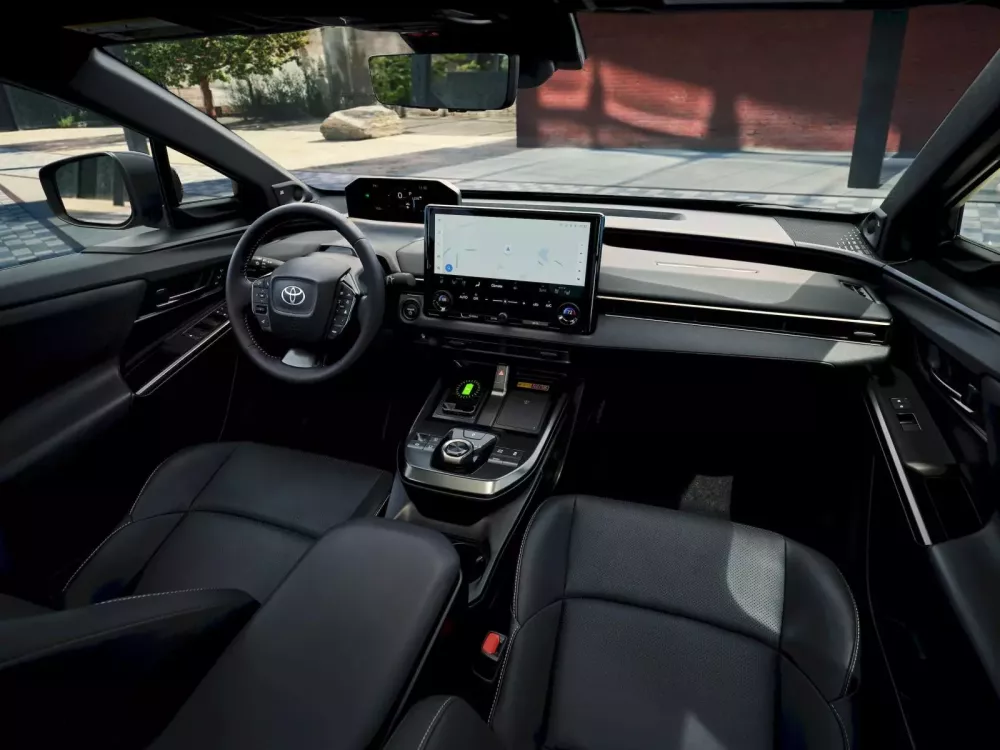
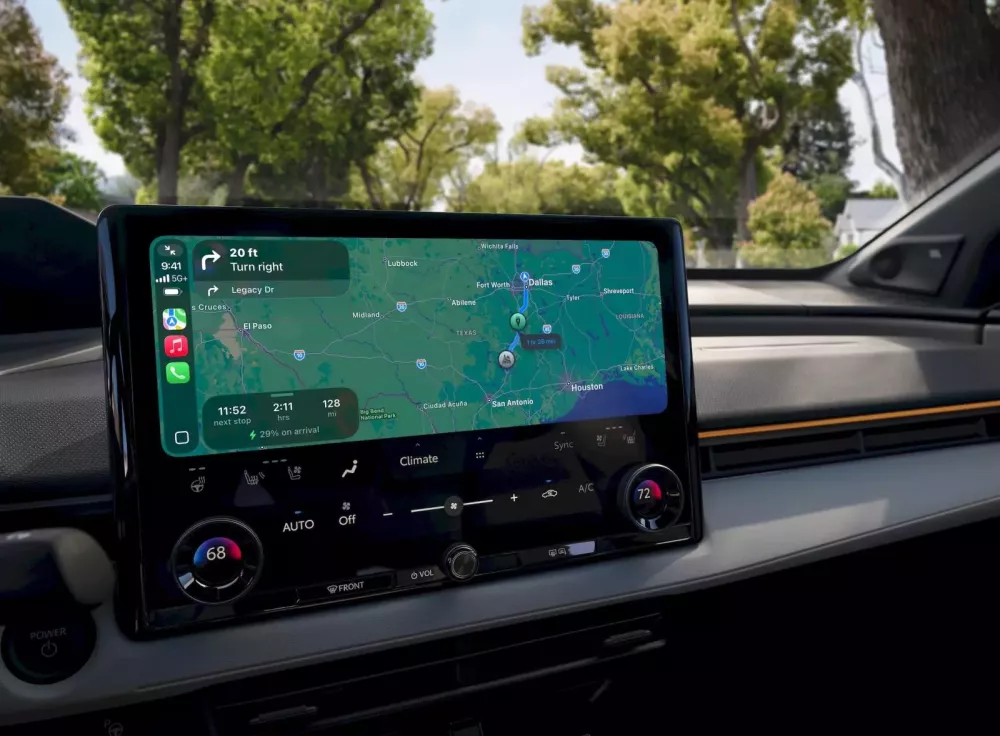
This means iPhone users can efficiently navigate to compatible chargers en route to their destination, factoring in battery performance and elevation changes.
While the Toyota bZ 2026 has lost two letters, its range has increased by 25%. Equipped with the long-range battery (74.7 kWh), it can travel up to 314 miles (505 km) on a single charge.
The base XLE FWD model features a smaller battery (57.7 kWh), offering a range of 236 miles (380 km). Power output has also increased to 221 horsepower for FWD versions (up from 201 hp) and a significant boost to 338 horsepower for AWD models (a 50% increase).
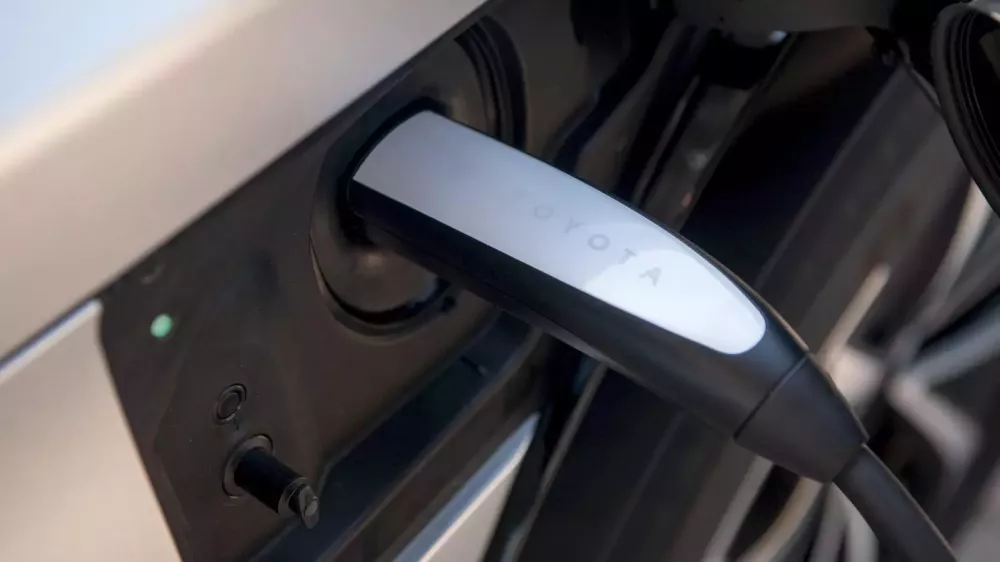
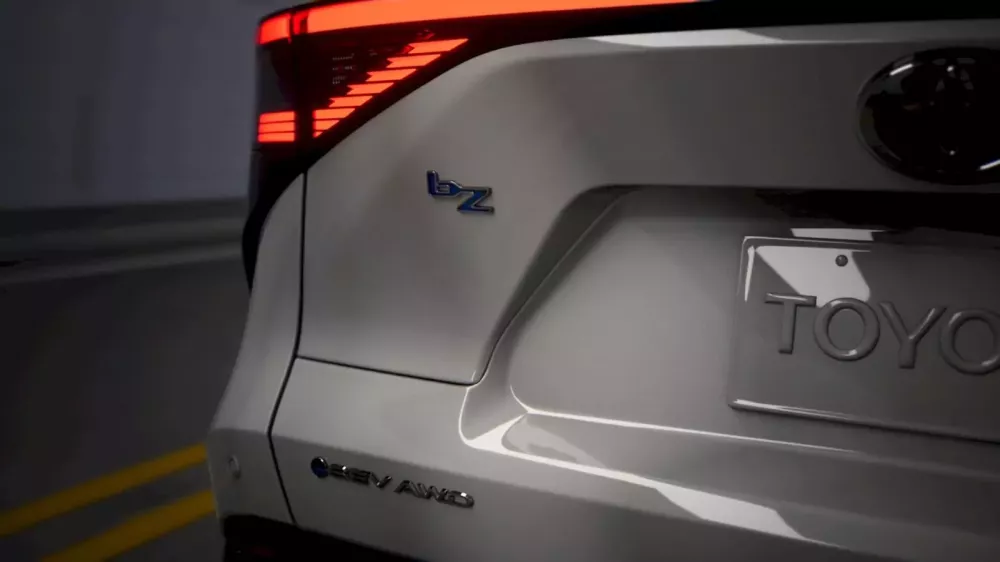
Perhaps the most significant change is the pricing. Despite these upgrades, the Toyota bZ 2026 maintains a starting price of $34,900 for the XLE FWD model.
This pricing places it in direct competition with the Chevrolet Equinox EV, Hyundai Ioniq 5, and the new Nissan Leaf. Upcoming additions like the new Chevrolet Bolt will further intensify competition in the compact electric crossover segment.


























